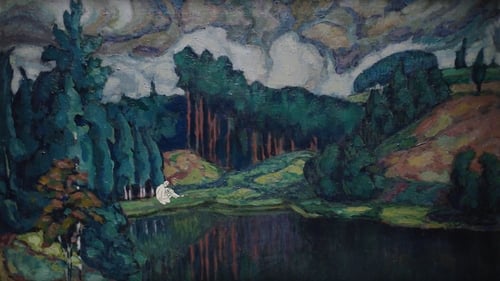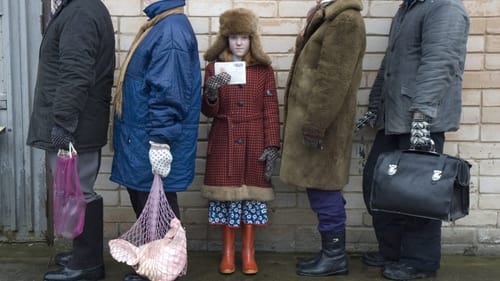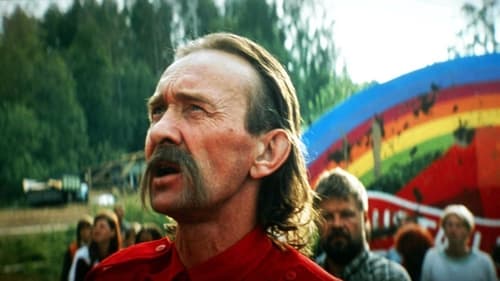
Editor
Vello moved to a secluded swamp island 30 years ago. He left his career and city life to live in harmony with mother nature. Vello makes a living from beekeeping and hunting, his life flows in the same rhythm as the nature around him.

Colorist
A documentary made for Konrad Mägi exhibition "The Light of the North" in Torino, Musei Reali (2019-2020), about Mägi's life and his legacy.

Editor
A different history of the Cold War: how Estonians under Soviet tyranny began to feel the breeze of freedom when a group of anonymous dreamers successfully used improbable methods to capture the Finnish television signal, a window into Western popular culture, brave but harmless warriors who helped change the fate of an entire nation.

Special Effects
Joosep é um rapaz que fala pouco, introvertido, fraco nos esportes, diferente, estranho. Sua vida não é nada fácil. E tudo isso faz dele a vítima ideal para os baderneiros de seu colégio, jovens realmente cruéis, num ambiente de degradação. A escalada de humilhações e chateações vai crescendo enquanto a vida de Joosep se torna ainda mais insuportável. Então aparece Kaspar, um amigo inesperado, um aliado. Agora já não está sozinho. Mas mesmo assim os colegas de classe continuam com a perseguição, e Kaspar começa também a sofrer as conseqüências. E ambos só querem uma coisa: um pouco mais de dignidade em suas vidas.Baseado em fatos reais.

Editor
The 6 short films of "Tabamata ime" are based on Edward Vilde's play of the same name first published in 1912. Vilde's play is about a young piano player Leo Saalep, who returns to his homeland Estonia to give a concert, and whose alleged international breakthrough has given him the long awaited role of putting Estonian culture on the map in the eyes of the local culture elite.

Editor
"Revolution of Pigs" is an adventurous youth comedy, taking place in a Woodstock-like milieu. The main character is Tanel, a 15-year-old boy, who, taking part of a youth revolt against the system, finds himself and his love.

Half the film was shot with a video camera taken from a television station without permission, the cast and staff were unpaid, and the script was written as a screenwriting class assignment.





